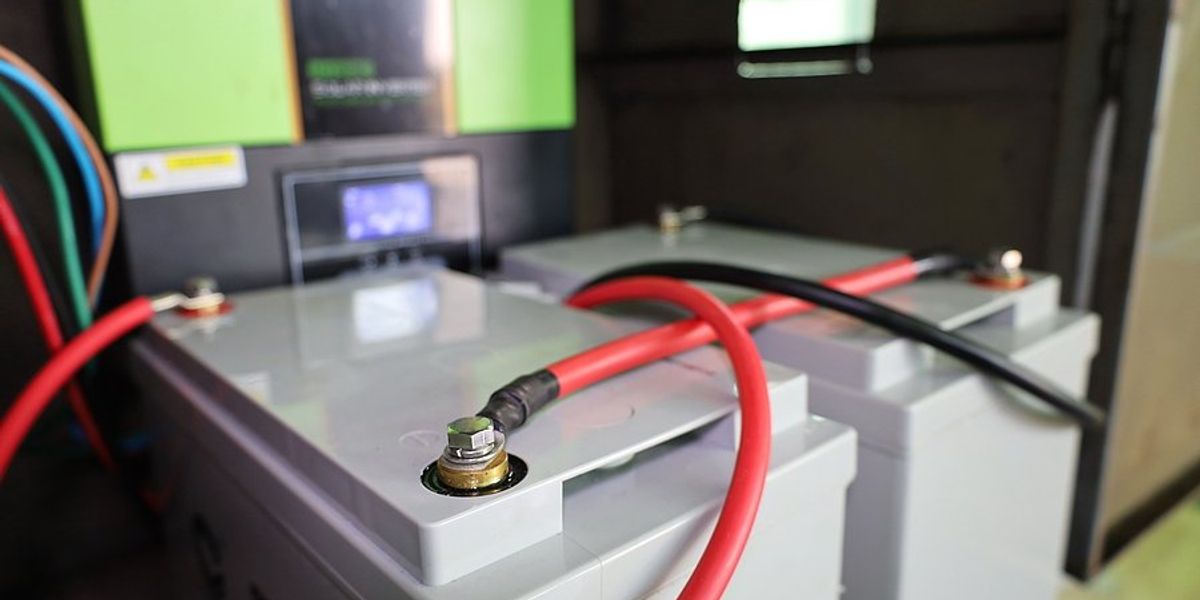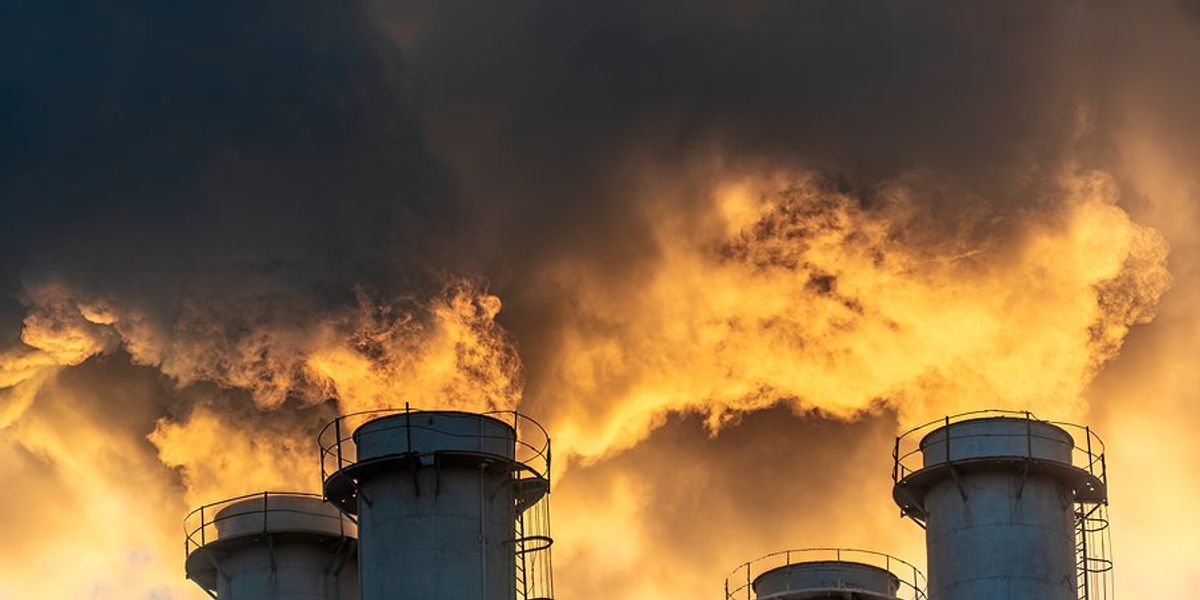
Virginia governor blocks bipartisan solar and battery bills, citing cost to utility customers
Gov. Glenn Youngkin vetoed two bipartisan clean energy bills in Virginia that would have expanded small-scale solar and battery storage, despite support from utilities and environmental groups.
Charles Paullin reports for Inside Climate News.
In short:
- The vetoed legislation would have significantly increased solar credits and energy storage targets for Dominion Energy and Appalachian Power, enabling more residential and commercial solar installations and long-duration battery projects.
- Youngkin argued the measures would impose costs on fossil fuel-dependent utility customers and said the market should drive adoption of newer technologies, calling battery storage too expensive.
- Environmental advocates and some lawmakers criticized the vetoes as part of a broader effort to weaken the Virginia Clean Economy Act, passed in 2020 to transition utilities to carbon-free energy by mid-century.
Key quote:
“I think the amendments just show who he truly is: not an ‘all-of-the-above’ guy. He just doesn’t like clean energy.”
— Josephus Allmond, staff attorney at the Southern Environmental Law Center
Why this matters:
Solar and battery storage are important components of efforts to decarbonize the power grid, reduce air pollution, and limit climate change. Small-scale solar gives homeowners and businesses the chance to generate their own electricity, reducing dependence on fossil fuel-powered utilities and softening demand during peak hours. Energy storage, especially long-duration systems, allows renewable energy to be used even when the sun isn’t shining or the wind isn’t blowing. That flexibility is essential as states like Virginia plan to meet ambitious zero-carbon mandates. In Virginia, these vetoes signal a potential retreat from the state’s 2020 climate law just as the grid faces rising stress from growth in energy-hungry data centers and climate-fueled weather extremes.
Related: Virginia students demand stronger climate action from their universities













